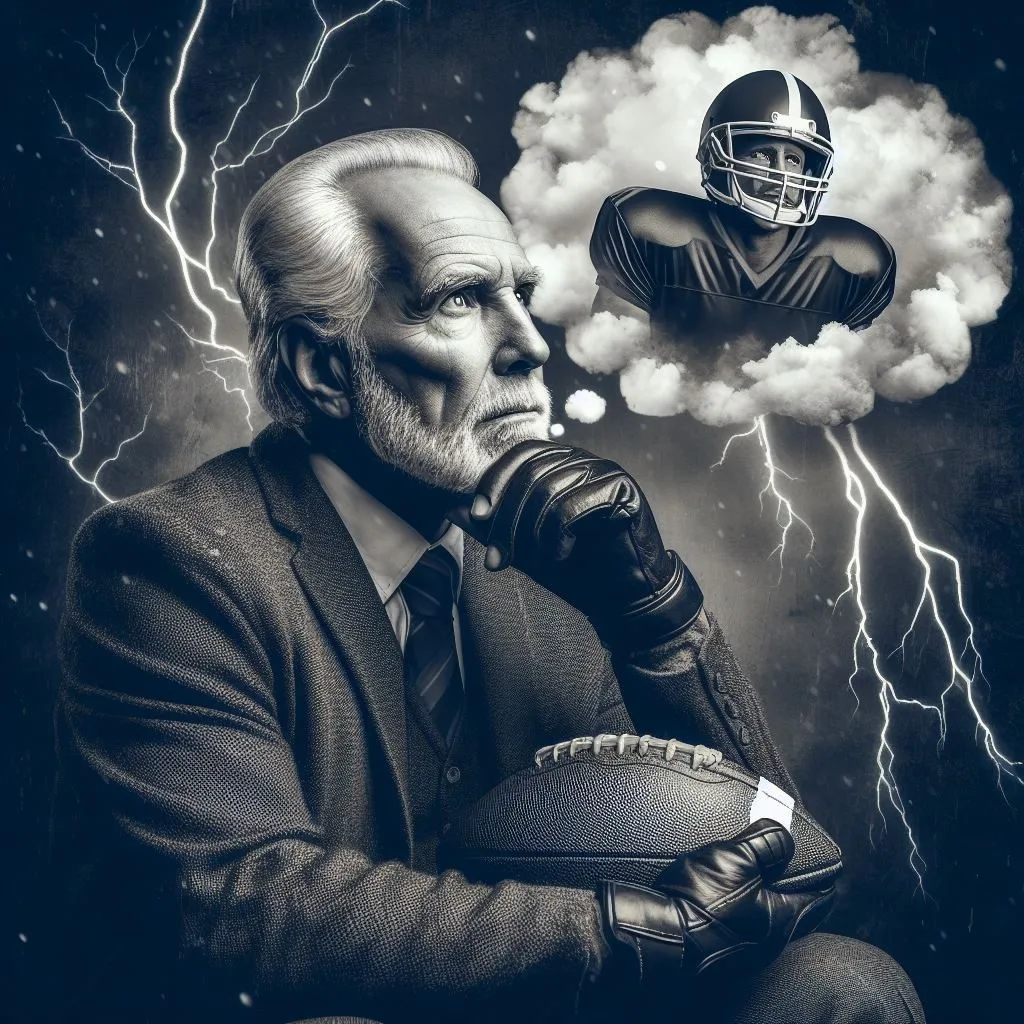Life After Sports For A Pro Athlete
Navigating Retirement, Adaptation, and Challenges
Introduction
Retiring from a successful sports career is a monumental transition. Athletes who have dedicated their lives to their sport often face a mix of emotions, uncertainties, and practical challenges. In this comprehensive exploration, we’ll delve into what happens when sportspeople retire, how they adapt to a new reality, and the unique hurdles they encounter.
The Fear of Decline
The Fear of Not Being as Good: For athletes, their identity is often closely tied to their performance. Retirement can trigger anxiety about losing the physical prowess that defined their careers. The fear of not being as good as they once were can be paralyzing. However, it’s essential to recognize that greatness extends beyond the playing field. Athletes can channel their competitive spirit into other endeavors, such as mentoring, coaching, or community engagement.
Adapting to a New Normal: Retired athletes must redefine their self-worth beyond their athletic achievements. Many find solace in pursuing other passions, such as coaching, broadcasting, or philanthropy. Embracing this new chapter requires resilience and a willingness to explore uncharted territories.
Coping with Medical Injuries
Long-Term Adaptations: Sports injuries can have lasting effects. Athletes often deal with chronic pain, limited mobility, and the need for ongoing medical care. Learning to adapt to these physical changes is crucial for maintaining a fulfilling life post-retirement. Seeking professional guidance and connecting with support networks can ease the transition.
Mental Health Challenges: The abrupt shift from an active lifestyle to a more sedentary one can take a toll on mental health. Depression, anxiety, and feelings of loss are common. Retired athletes should prioritize self-care, seek therapy if needed, and stay connected with fellow retired athletes who understand their journey.
Dietary Adjustments
Changing Nutritional Needs: Athletes’ diets are meticulously planned during their careers. Post-retirement, they must adjust their eating habits to match their reduced activity levels. Proper nutrition remains essential for overall well-being. Consulting a nutritionist can help create a sustainable eating plan tailored to their new lifestyle.
Balancing Weight and Health: Some athletes struggle with weight gain after retirement. Finding a balance between maintaining a healthy weight and indulging in occasional treats is essential. Mindful eating, regular exercise, and staying hydrated contribute to long-term well-being.
Transitioning Roles
From Player to Mentor: Many retired athletes transition into coaching roles. Sharing their expertise with the next generation can be incredibly rewarding. Becoming a mentor allows them to stay connected to the sport they love while contributing to its growth.
Broadcasting and Analysis: Former athletes often find success as sports commentators or analysts. Their firsthand experience adds depth to their insights, enriching the viewing experience for fans. By stepping into these roles, they continue to contribute to the sports community.
Community Engagement: Retired athletes can make a significant impact through charity work, youth programs, and advocacy. Their influence extends beyond the game, inspiring positive change in society.
Life After Sports
Navigating Retirement, Adaptation, and Challenges
Retiring from a successful sports career is a monumental transition. As an athlete, you’ve poured your heart and soul into your sport, and now you’re faced with the question: What’s next? In this extended blog post, we’ll delve deeper into the challenges you might encounter, explore whether retirement was necessary, and discuss actionable steps for your post-athletic journey.
Why You Need to Prepare for Life After Sport
The Inevitable Transition: Every athlete, regardless of their achievements, eventually faces the end of their competitive career. It’s essential to recognize that this transition is a natural part of life. Acknowledging it early allows you to plan effectively.
Challenges Ahead: Retirement can be emotionally challenging. You may grapple with questions like, “Can I still contribute?” or “Did I retire too soon?” Understanding these feelings and preparing for them can ease the process.
Reflecting on Retirement
Did You Need to Retire?: Take a moment to reflect. Did you retire due to physical limitations, loss of passion, or other factors? Understanding your psychology & reasons will help you make peace with the decision.
Embrace Your Legacy: Remember that retiring doesn’t diminish your legacy. You’ve inspired others, achieved greatness, and left an indelible mark. Cherish those moments and recognize that your impact extends beyond the field.
What Can You Do Now?
Coaching and Mentorship: Consider coaching young athletes. Your experience and insights can shape the next generation. Whether it’s one-on-one mentoring or leading a team, your expertise matters.
Game Analysis and Broadcasting: Dive into game analysis or sports broadcasting. Your unique perspective can enhance viewers’ understanding and appreciation of the sport.
Retirement Job Opportunities: Explore job opportunities within sports organizations, sports marketing, or related fields. Your understanding of the game gives you an edge.
Pursue Different Careers: Don’t limit yourself to sports-related roles. Transferable skills like discipline, teamwork, and resilience make you an asset in various industries.
Education: Consider going back to college. Learning new skills opens doors to diverse career paths.
Travel and Exploration: Use your newfound freedom to explore the world. Travel, experience different cultures, and find inspiration beyond the playing field.
Conclusion
Life after sports is a multifaceted journey. It involves letting go of one identity and embracing another. As athletes adapt, they discover new passions, contribute to their communities, and find fulfillment beyond the scoreboard. So, whether you’re a retired athlete or someone supporting one, remember that the game doesn’t end—it merely evolves. Join the discussion using the hashtag #LifeAfterSports and share your insights on this remarkable transition.
Join the Discussion
Let’s continue this conversation! Share your thoughts on life after sport with us. How have you seen athletes adapt? What challenges do they face? Use the hashtag #LifeAfterSports to connect with others who understand this unique journey.






I discovered your blog site on google and test just a few of your early posts. Continue to keep up the superb operate. I simply extra up your RSS feed to my MSN Information Reader. In search of forward to reading extra from you later on!…